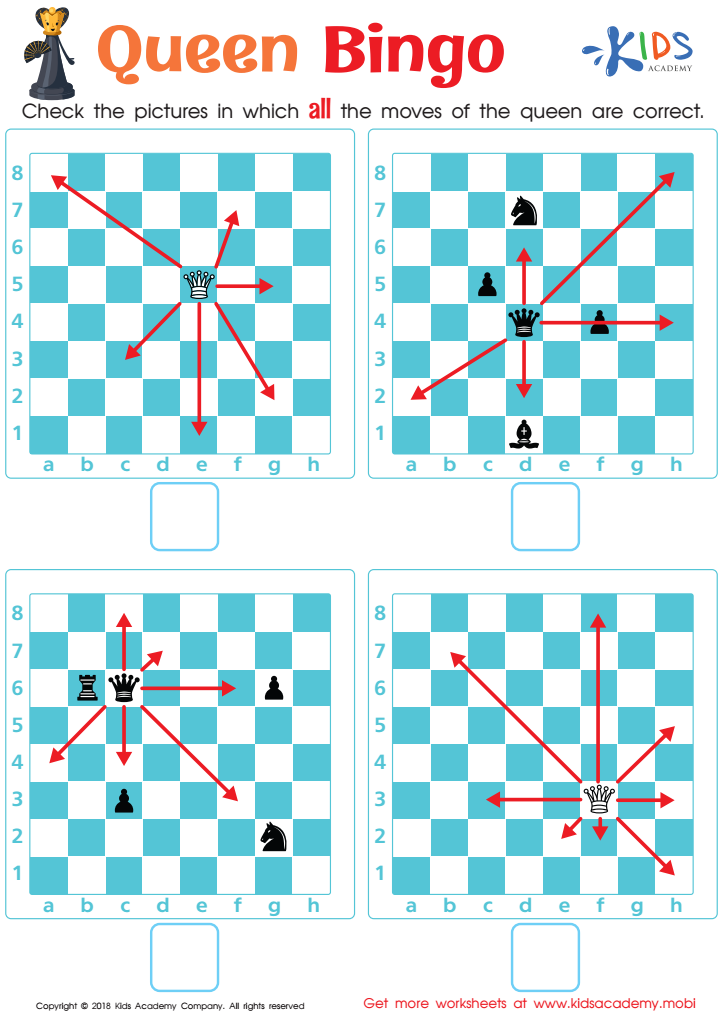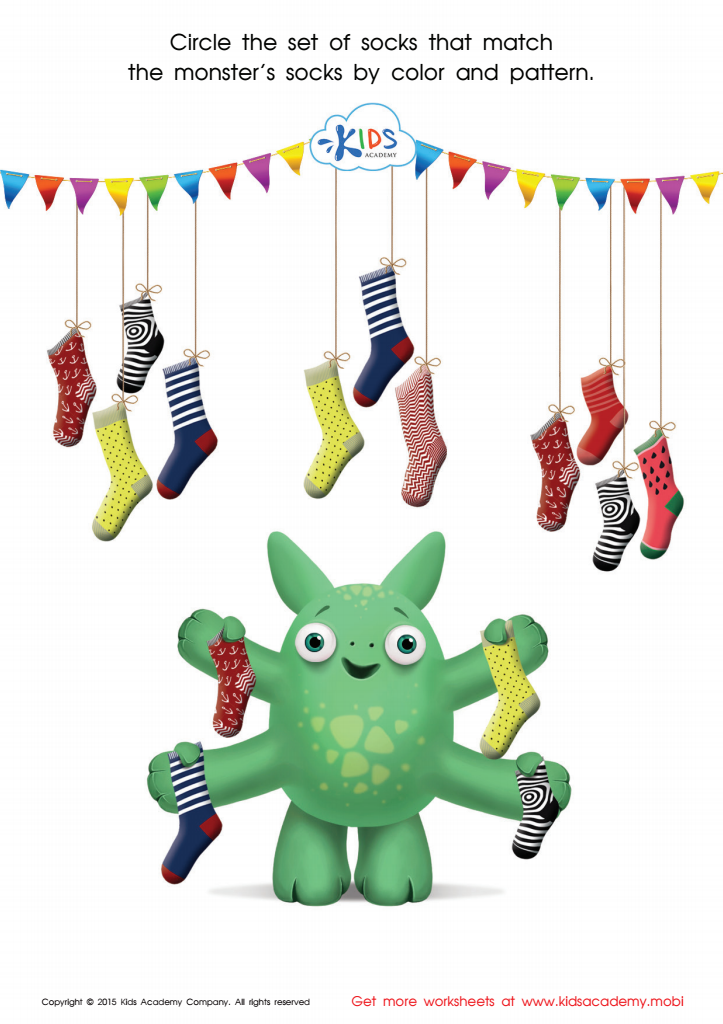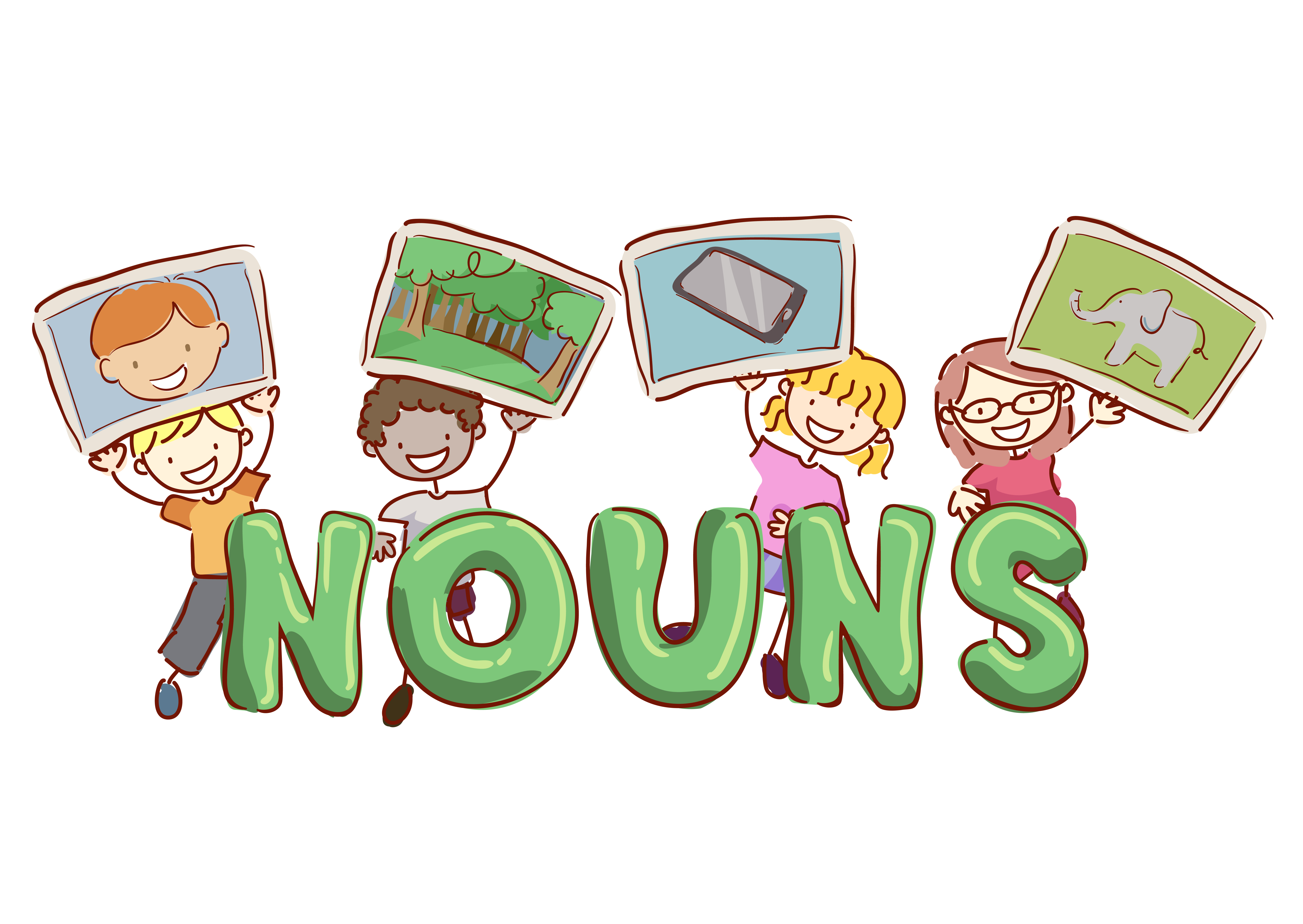Develop fine motor skills Worksheets for Ages 5-6
3 filtered results
-
From - To
Discover our engaging fine motor skills worksheets designed for ages 5-6! These activities are crafted to enhance children’s hand-eye coordination, dexterity, and control through fun, interactive exercises. Ideal for preschool and kindergarten settings, our worksheets include tracing, cutting, and connecting dots to keep little hands busy and developing essential skills for future learning. With vibrant illustrations and age-appropriate tasks, these worksheets provide a playful learning environment while boosting confidence in young learners. Help your child master crucial fine motor skills that lay a foundation for writing, drawing, and everyday activities. Explore our collection today for endless creative learning opportunities!


Queen Bingo Worksheet


Connecting the Monster's Socks Printable
Developing fine motor skills in children aged 5 to 6 is crucial for their overall growth and development. During this stage, children are refining their hand-eye coordination, dexterity, and the ability to control small movements. These skills underpin numerous essential tasks such as writing, drawing, using scissors, buttoning clothing, and eventually, typing. Enhancing fine motor skills lays the foundation for academic success and fosters independence in everyday activities.
Parents and teachers should care about fine motor skill development because it is directly linked to a child’s confidence and self-esteem. When children can successfully engage in tasks that require fine motor skills, they feel a sense of achievement. Additionally, these skills often impact a child’s ability to participate in classroom activities, influencing their learning experience.
Furthermore, developing fine motor skills can also support cognitive development. Activities that promote these skills, such as crafts, puzzles, and building with blocks, not only strengthen hand coordination but also enhance problem-solving abilities and creativity. Lastly, parental and teacher involvement in fine motor skill activities fosters bonding and encourages a love for learning. Investing time and resources in this area is vital for setting children on the path to future success in various domains of their lives.

 Assign to My Students
Assign to My Students








.jpg)









